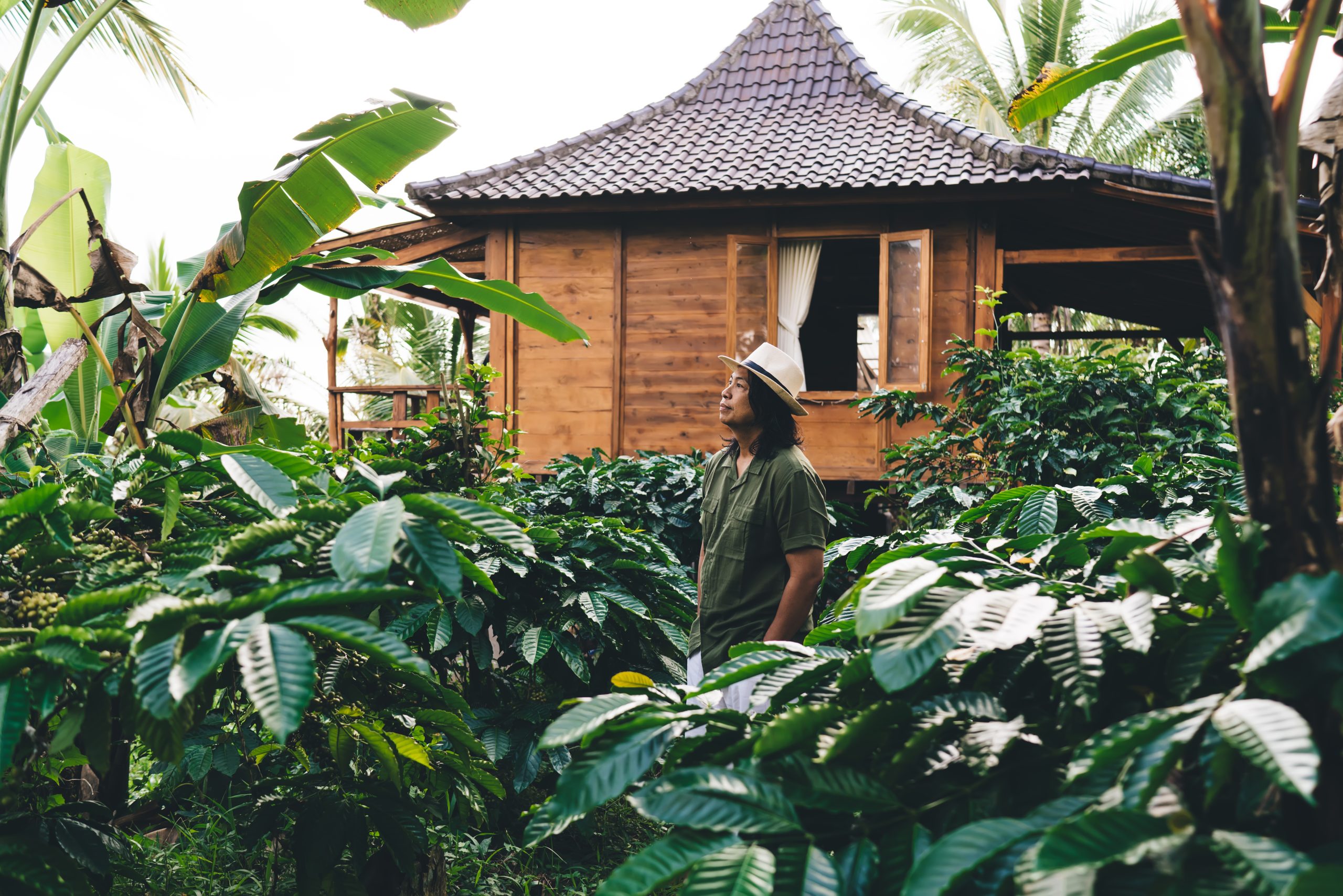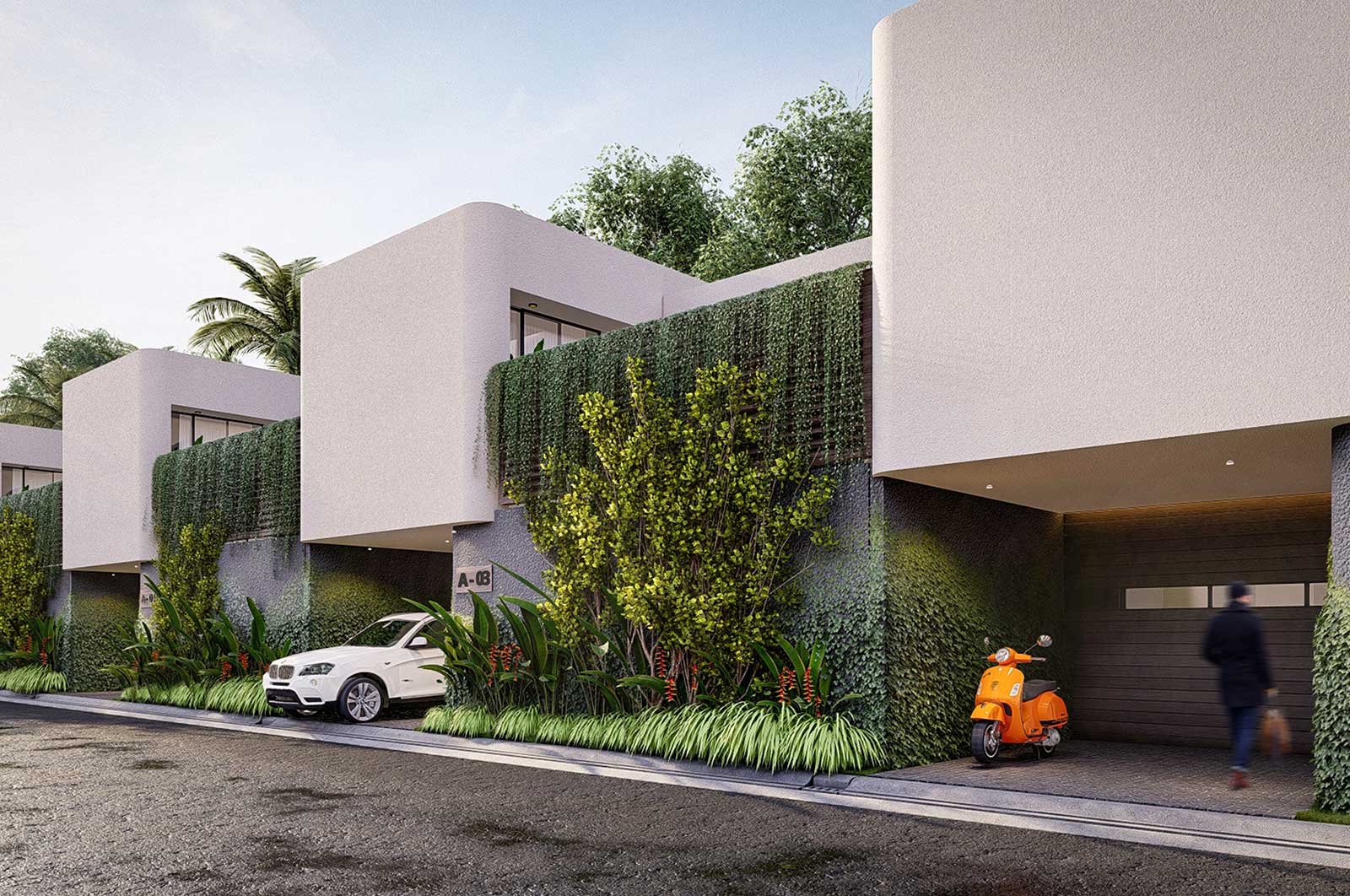Property Ownership Types in Bali: What Buyers Should Know

1. Freehold Title (Hak Milik)
Freehold, or Hak Milik, is the strongest form of land ownership in Indonesia. It grants full ownership rights without time limits and allows the holder to sell, transfer, or bequeath the property freely. However, this title is only available to Indonesian citizens. Foreigners cannot directly own land under Hak Milik.This regulation is based on Indonesia’s Basic Agrarian Law (Undang-Undang Pokok Agraria) No. 5 of 1960, which explicitly limits freehold titles to Indonesian nationals.
2. Leasehold Title (Hak Sewa)
Foreigners often acquire property through a long-term lease agreement, known as Hak Sewa. This title allows a foreigner to lease land or property for a fixed term, typically 25 to 30 years, rare offer up to 75 years, with the possibility of extension. Hak Sewa offers more flexibility and is widely used for residential purposes, commercial properties, or villas intended for rental income. Lease agreements must be carefully drafted to ensure clarity on extension rights, use of property, and dispute resolution. Unlike Hak Pakai, it is not a registered title under land law, and no record of the foreigner’s interest is entered into the land book at the land office. This makes it less secure in the event of disputes or if the landowner changes.However, Hak Sewa is widely used due to its simplicity and flexibility. It can apply to both residential and commercial properties, and it does not require the foreigner to hold a residence permit. Foreigners may lease land from individuals or companies and use it for private use or business, depending on the contract.
While valid, Hak Sewa functions through private agreements rather than state registration. For this reason, all terms including extensions, use, and transfer rights, must be clearly defined in a written contract, ideally reviewed by a legal professional.
3. Right to Use (Hak Pakai)
Hak Pakai is the only title that allows a foreigner to hold a legal and registerable right over land in their own name. It is granted for an initial period of up to 30 years and can be extended by 20 years and then renewed again for another 30 years, bringing the total duration to as much as 80 years.To obtain Hak Pakai, a foreigner must have a valid residence permit, such as KITAS (temporary stay) or KITAP (permanent stay). The land must be used for residential purposes, and the right must be registered with the National Land Agency (BPN). Importantly, a Hak Pakai title appears on the land certificate and provides stronger legal standing than a lease.
This form of ownership is supported by Government Regulation No. 103 of 2015 and the Minister of Agrarian Affairs Regulation No. 29 of 2016.
Key Differences Between Hak Pakai and Hak Sewa :
- Legal status: Hak Pakai is a formally registered right in the land office and appears on the land certificate; Hak Sewa is contractual and not registered with the government.
- Security: Hak Pakai offers greater legal protection because it is acknowledged by the state; Hak Sewa depends solely on the strength of the lease agreement.
- Eligibility: Hak Pakai requires a valid residence permit and is limited to residential use; Hak Sewa is available to anyone, including tourists or short-term investors.
- Duration: Both can last 25 to 30 years initially, but Hak Pakai has a clearer legal path for extensions up to 80 years, while Hak Sewa extensions depend on mutual agreement.
- Purpose: Hak Pakai is for residential ownership and personal use; Hak Sewa is often used for investment, rental villas, or business premises.
What We Offer
At Waluya Development Group, we go beyond traditional real estate, providing secure, high-value investment opportunities in Bali’s most sought-after locations. From fully owned land to high-yield rental returns, our developments are designed to maximize security, flexibility, and profitability. Here’s what sets us apart:
Fuly Owned Land With Flexible Opportunities
Unlike most developers who lease land, Waluya Development Group offers properties on fully owned land, ensuring security and flexibility in every investment.
Long-Term Leasehold Advantage
We provide 75-year leasehold options, significantly longer than the market standard of 30 years, giving investors extended security and peace of mind.
High Liquidity Investments
We carefully select prime Bali locations and craft innovative developments that maximize value, allowing investors to benefit from high liquidity
Effortless Passive Income
Waluya Development Group handles every aspect of renting your villa, so you can relax while your income grows.
Rapid Return on Investment
With Bali’s thriving demand for vacation rentals, oceanside properties can yield up to $5,000 in monthly earnings.
4. Right to Build (Hak Guna Bangunan or HGB)
Hak Guna Bangunan allows the holder to build and own structures on land they do not own. This title is typically used for commercial and residential development. It is valid for 30 years, renewable for an additional 20 years, and potentially extended for another 30 years.While HGB is often used by Indonesian legal entities such as PT PMA (foreign-owned companies), it requires careful structuring. A foreign individual cannot hold an HGB title directly unless it is through a registered legal entity.
This title is also governed by Law No. 5 of 1960, with detailed implementation under Government Regulation No. 18 of 2021.
5. Using a Nominee Structure (Not Recommended and Safe)
Some foreigners attempt to purchase freehold land using an Indonesian citizen as a nominee. The property is then held in the citizen’s name, while a private agreement outlines the foreigner’s control or rights. However, this practice is legally risky and discouraged, as it contradicts Indonesian land law. Courts may not recognize such arrangements, and ownership could be challenged.The Indonesian government has taken steps to tighten regulations against nominee structures to protect land integrity and prevent illegal ownership schemes.
FAQ
We understand that investing in property comes with many questions. Below, you’ll find clear and concise answers to key aspects of our offerings, including payment structure, ownership options, property details, and construction timelines. Our goal is to provide you with transparency and confidence every step of the way. If you need further assistance, our team is always ready to help.
Payment Structure
Our payment schedule is designed to be flexible and structured as follows:
10% Deposit – Parked in an escrow account.
30% Down Payment – Due at the notary signing.
12% Quarterly Installments – Paid every quarter.
4% Monthly Installments – Paid every month.
Ownership & Extention
Buyers can choose between:
- Freehold ownership (available to Indonesian nationals or foreign buyers via a PT PMA
company structure). - 75-year Leasehold, which provides long-term security and flexibility for international
investors.
Significantly longer than the market standard of 30 years, giving investors extended security and peace of mind.
Property Detail & Location
Melasti Hills is located just five minutes from the pristine shores of Melasti Beach, one of Bali’s fastest-growing areas. The region is known for its stunning landscapes, luxury beach clubs, and growing tourism demand, making it an ideal location for investors seeking high returns and long-term value appreciation.
There are two types available for your Investments
- Kairos Aruna: 2-bedroom villa, 110m2 land, 192m2 floor area.
- Kairos Cahaya: 2-bedroom villa, 140m2 land, 214m2 floor area.
Each villa is designed with luxury, comfort, and functionality in mind.
Construction & Timeline
Construction is scheduled for completion latest 15 months after signing at notary. Buyers will receive regular updates throughout the process.









